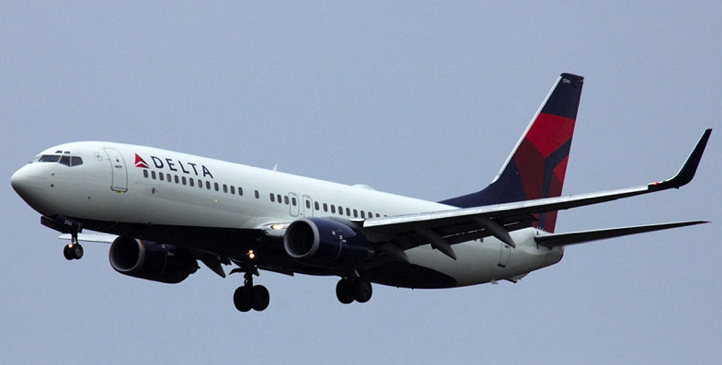Airlines Facing New Cyberfraud
Any airline, or any company, for that matter, that hasn’t upgraded their fraud-protection system in the last couple of years is an open book of credit cards and financial information to hackers and thieves. Credit card abuse, where a thief enters a stolen card number on a web site, is the primary source of online fraud. A new type of online fraud specifically targets airlines – a thief hacks into a frequent flier account (which we generally protect with weak passwords) and books a ticket for an unsuspecting second victim (you and your miles being the first), who pays cash for the ticket resold to them by the thief. When you catch on, you go after the victim, not the thief, who is long gone.
Although the internet is very convenient for travelers to book flights, it is very susceptible to fraud. These types of cyber fraud cases can cost the airlines millions of dollars a year. According to a UK survey taken in 2009, 48% of US and global airline carriers had a rise in online fraud in the past year. The average airline is losing $3 million dollars a year from fraud with $1 million coming directly from credit card fraud. Some predict losses to be much greater. CyberSource, an electronic payment security-management company, released an airline industry poll last year and estimated total losses at $1.4 billion in 2008.
Many Ask, What are Arline Carriers doing to protect themselves and their customers from cyber fraud?
Some are increasing staff dedicated to monitoring online purchases for theft. Many are implementing new technology and tougher credit card rules that will detect fraud faster. While larger carriers have the capital to implement these precautions, some smaller carriers lack the financial ability to make such immediate changes and find themselves becoming a growing target for cyber fraud.
As individuals, there are steps you can take to protect yourself, your credit card and your frequent flier miles form online fraud. First, implement strong passwords on your online airline accounts and never carry your frequent flier card with you in case you lose your wallet. Second, sign up for payment alerts from your credit card company so you are notified anytime there is a charge on your card. If transaction alerts are part of your frequent flyer program, sigh up for those as well. Finally, keep a close eye on your airline mileage statements and bank statements. All of these will give you the ability to detect fraud early and hopefully prevent it from happening at all.
John Sileo speaks professionally about social media exposure, identity theft and cyber crime for the Department of Defense, Fortune 1000 companies and any organization that wants to protect the profitability of their private information. Contact him directly on 800.258.8076 or visit his speaker’s website at www.ThinkLikeASpy.com.
Sorry, comments for this entry are closed at this time.











No Comments Yet
You can be the first to comment!